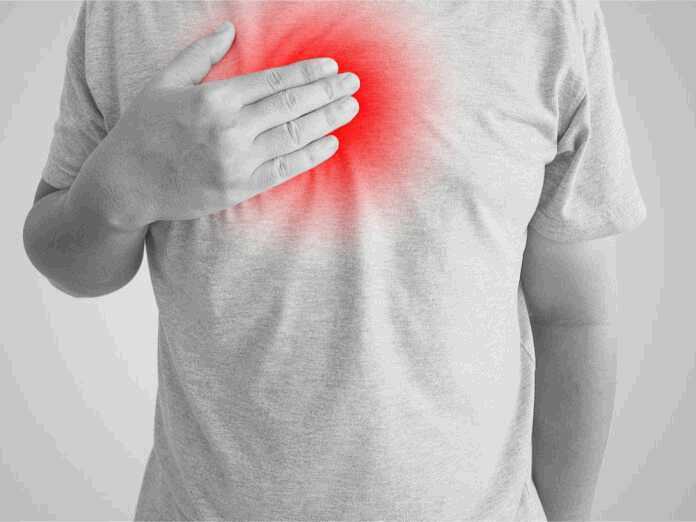
The simplex virus can stay dormant in your body for years. But when it’s active, it can affect your organs and cause a number of health issues. Sometimes, the virus can affect the esophagus tube that transports food from the mouth to the stomach. This will cause the condition known as herpes esophagitis.
Causes
Both types of the herpes virus can cause herpes esophagitis. As a rule, the condition is more prevalent in people who have the HSV-1 type. You can contract HSV-1 through saliva or a direct mouth-to-mouth contact. During an outbreak, it can cause cold sores around the lips and the nose, as well as ulcers in the mouth.
Compared to HSV-1, herpes esophagitis is rare in people with the HSV-2 type of the virus. People can contract this type of the virus through skin-on-skin contact, as well as during intercourse. The outbreaks affect the genital area, causing warts and sores.
Symptoms
The main symptoms of herpes esophagitis are open sores in the mouth. They can spread to the throat, thus making swallowing more difficult.
Other symptoms can include fatigue, fever, muscle and joint ache, as well as a sudden feeling of being cold.
Treatment Options
The treatment for this condition doesn’t differ much from the standard treatment for herpes outbreaks. It usually includes an antiviral drug to reduce the inflammation. Also, if you’re experiencing a lot of pain, your doctor may prescribe some pain medication.
The recovery time will depend on your general health and your immunity. In most people, it takes no more than a week for the symptoms to go away. But if you have some other medical condition, it may take a bit longer to recover in full. After you recover, you may have to continue taking antiviral drugs to prevent new infections.






























